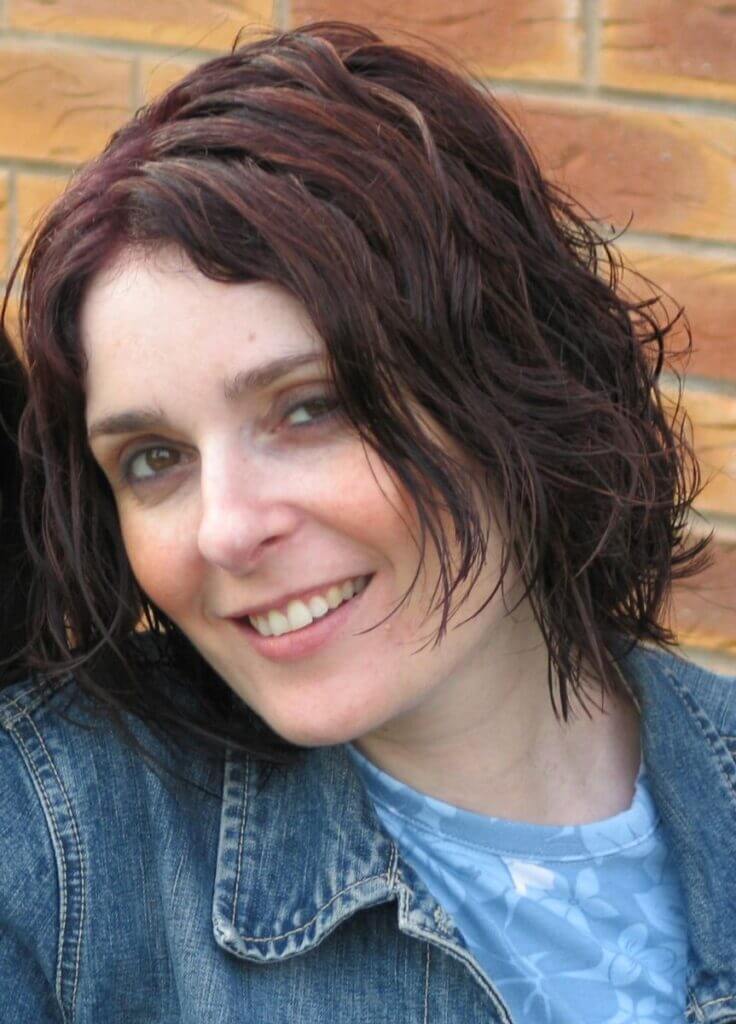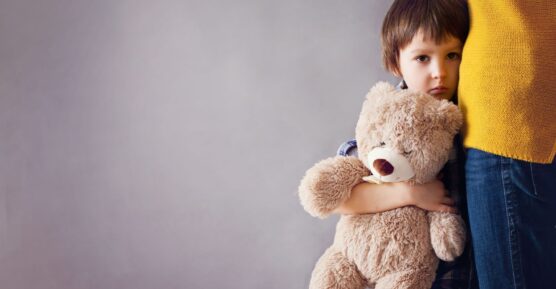
How soon a disability can be diagnosed depends on the condition and how the individual experiences it. If they have been born with the condition, doctors are less likely to be looking out for it than they would be if a person had an accident or illness later in life.
Some disabilities, such as Down’s Syndrome and cystic fibrosis, can be tested for while the mother is still pregnant. This is done by testing an extract of the amniotic fluid around the foetus.
Other disabilities are apparent in early childhood while for some people it may be decades before they receive a formal diagnosis. The singer Susan Boyle famously didn’t receive a diagnosis for Asperger’s Syndrome until she was in her early 50s, having previously been misdiagnosed as having brain damage.
Early diagnosis of disabilities can be hugely beneficial in enabling people to get the right support and, if possible, treatment for their condition.
Early signs of disabilities
Diagnosing physical or learning disabilities in children, especially those too young to be able to express themselves verbally, can be difficult. Many children go through phases or experience difficulties that disappear as they grow and develop. Some signs that it may be advisable to see a doctor about if they don’t improve over time are:
- Slower physical or mental development than would be expected for their age.
- Limited movement, such as using one hand for everything or remaining very still most of the time.
- Trouble with hand-eye coordination, this may appear as being very clumsy.
- Being unable to maintain eye contact.
- Little to no reaction to stimulus such as music.
- Trouble with understanding directions or instructions, or appearing to not hear you at all.
- Saying words in the wrong grammatical order or having extremely limited vocabulary that doesn’t improve.
Signs of disabilities in adults
If you feel things are not quite right, it is never too late to see a doctor about your concerns. People can go decades without realising they have a disability or questioning a diagnosis they received in childhood. Medical understanding of conditions is ever evolving so a medical opinion you got thirty years ago may not still apply. Some signs that you may have, or be developing, a physical or learning disability in adulthood are:
- Being sometimes unable control movements.
- Increasing clumsiness.
- Deteriorating senses.
- Difficulty with social interaction or understanding other’s emotions, through their words or body language.
- Difficulty with academia.
- Inability to concentrate or frequent brain fog.
Ilana Estelle’s story
Ilana Estelle is a writer and published author from Leeds. Born one of twins in the 1960s, Ilana was “a child of the 60s” where “there was very little help out there for children and/or families with a disabled child”. This affected how soon her disability could be diagnosed.
Ilana eventually received two diagnoses of disabilities in adulthood, one for cerebral palsy and another for Asperger’s Syndrome.

She says: “I always knew of my struggles, particularly in school. It was obvious I was unable to keep up with my peers in school and I found it difficult to learn. I was also aware of some of my emotional difficulties from an early age and those thoughts together with my experiences in school never went away. I always wanted a diagnosis and I needed an explanation of my difficulties.
“Through my blog, The CP Diary I have been able to piece my disability together on how I mentally and emotionally present. I am lucky I have been able to write about my disability and my mental and emotional struggles. It is because I have written about my disability, and researched around the subject at great length, that I was able to make my connections with autism. It was the only condition that made any sense that tied me into my difficulties around my learning in school and my emotional struggles. In January 2019 I was finally diagnosed with Asperger’s.”
For many people, having a disability is something that happens to other people, and they may not take symptoms seriously. Ilana encourages people to be open to the possibility, as parents and in regard to themselves.
She asserts: “Parents and parental support are so important to how we develop, as we grow up. Where children are encouraged, they will always mentally and emotionally grow and thrive. That sadly didn’t happen in my case; my late diagnosis was literally a fresh start for me. It helped erase much of my historical struggles and for me to make sense of my formative years.
Stigma around disability
“I think stigma in society around disability still needs to be addressed. There still isn’t enough acceptance around what we mentally and emotionally deal with, although as I have previously mentioned, it is getting better, and while strides have been made around stigma and prejudice generally, there is still a long way to go.
“My advice for others would be to listen to their inner voice and don’t be swayed or put off, be confident. Do what you can and don’t beat yourselves up for not being able to do what others can, or what expect you to do.
“Those that want to be with you, will accept you for who you are, and how you may present. Acceptance around any disability is important and to be encouraged.”
Cerebral Palsy: A Story: Finding the Calm After the Storm by Ilana Estelle is published by RedDoor Press, out now priced £8.19.
Find your ideal care home
- Explore a wide range of care options and facilities
- Read independent ratings and reviews
- Connect directly with care homes to book a tour and discuss your needs

